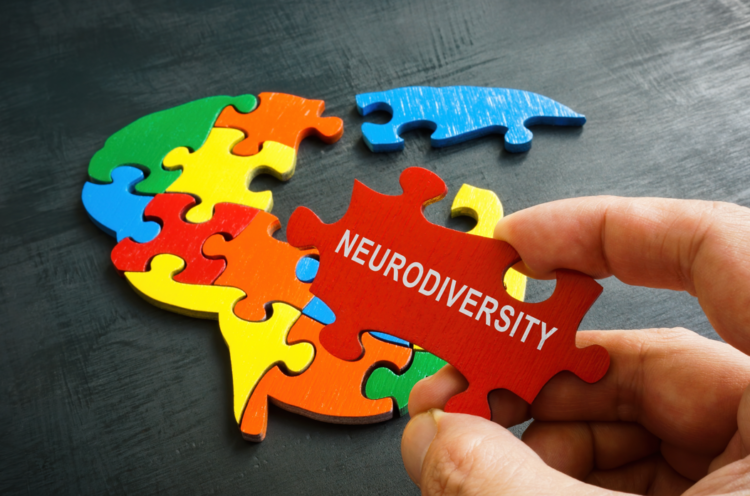There is a lack of support for neurodiverse employees in workplaces, a study by Aon has found.
The global professional service company’s 2023 HR Future Focus Survey revealed that HR professionals do not think employers are actively helping staff who have neurodiverse conditions.
When asked about their organisation’s diversity, equity and inclusion (DE&I) strategies, respondents were also undecided about whether people managers at their workplace are truly inclusive.
Katherine Conway, head of inclusion and cultural initiatives at Aon, said: “Not embedding DE&I in your retention strategy puts your firm at risk of losing the benefits of a diverse workforce: unique perspectives, better collective problem-solving and innovative ideas. Inclusion and diversity are very important for employees and diverse talent will leave when the work environment fails to support them.”
The research was carried out using Reflection, Aon’s Neurotech listening tool, which captured two types of insights – ‘traditional’ scores from people’s consciously moderated answers and neuroscientific scores which gauged how they genuinely felt. The marks highlighted the difference between what respondents said and what they really believe.
When asked to respond to the statement “we actively support neurodiverse employees”, the traditional score was 54% versus the lower neuroscientific score of 39%.
According to Aon, the 15% gap suggests that HR professionals do not believe enough is being done to support neurodiverse employees at work, which it says reflects what it has seen in the market.
Additionally, when participants responded to the statement “our people managers are inclusive”, the traditional score of 61% was much higher than the neuroscientific score of 51%.
Nathalie Hyatt, strategy principal at Aon, said: “Lower traditional scores show that, although HR respondents have a feeling that their DE&I policy makes them better performing and that they ‘authentically embed DE&I in reward’, they may lack data to back up what they believe. This is in line with the lack of data-led benefits strategy as shown by the negative association score on ’data informs our benefits design/strategy’, in the reward section of the findings. Here the traditional score was 63% and the neuroscientific score was down at 28%, showing a cognitive dissonance gap of 35%.
“Inclusion drives successful engagement with diverse talent. HR leaders that can use data to inform their people strategies can better support, nurture and develop a workforce with a differing range of views, opinions and thoughts. This helps shape business outcomes and performance. Supporting neurodiverse employees is a key part of driving a culture that values difference while at the same time promotes inclusion.”













